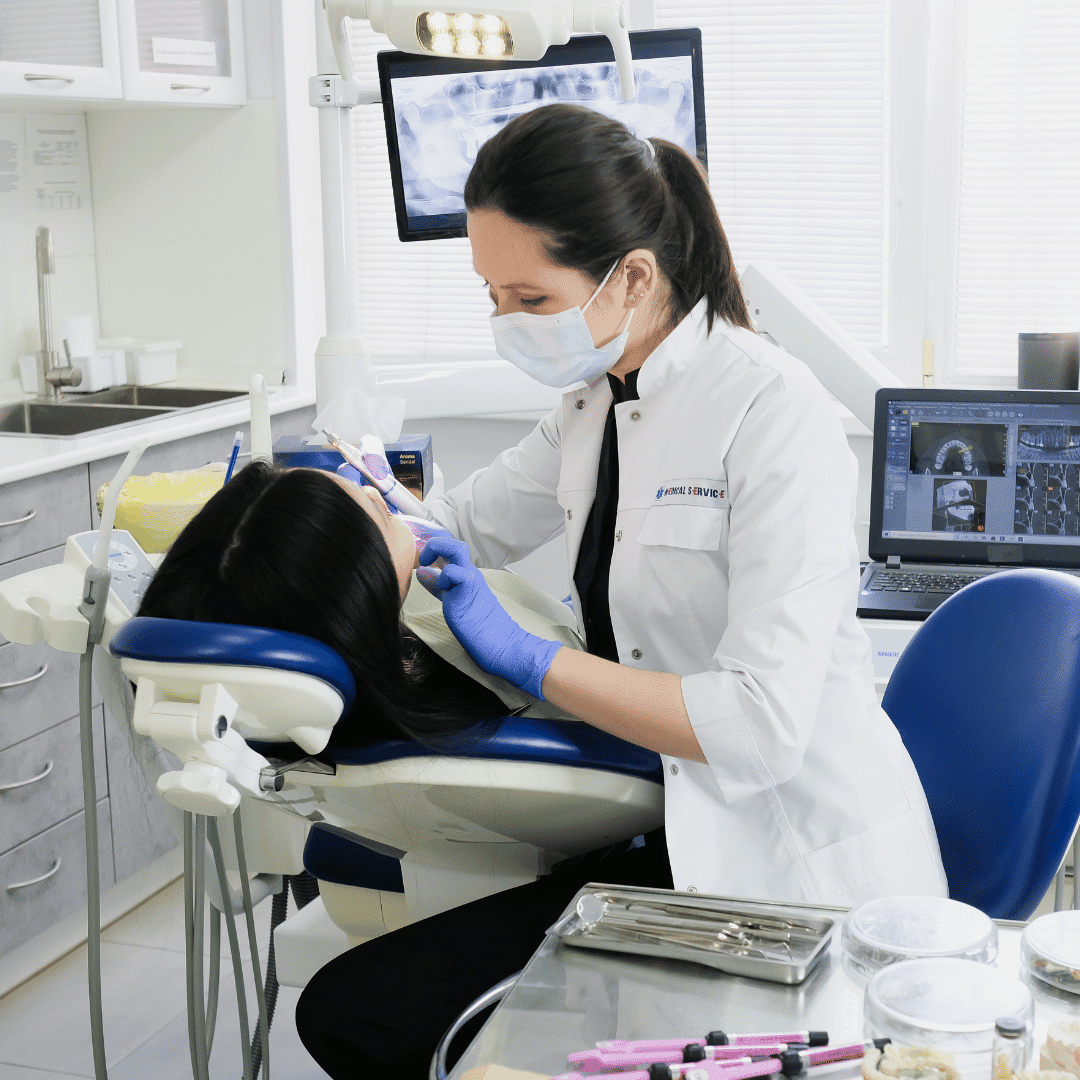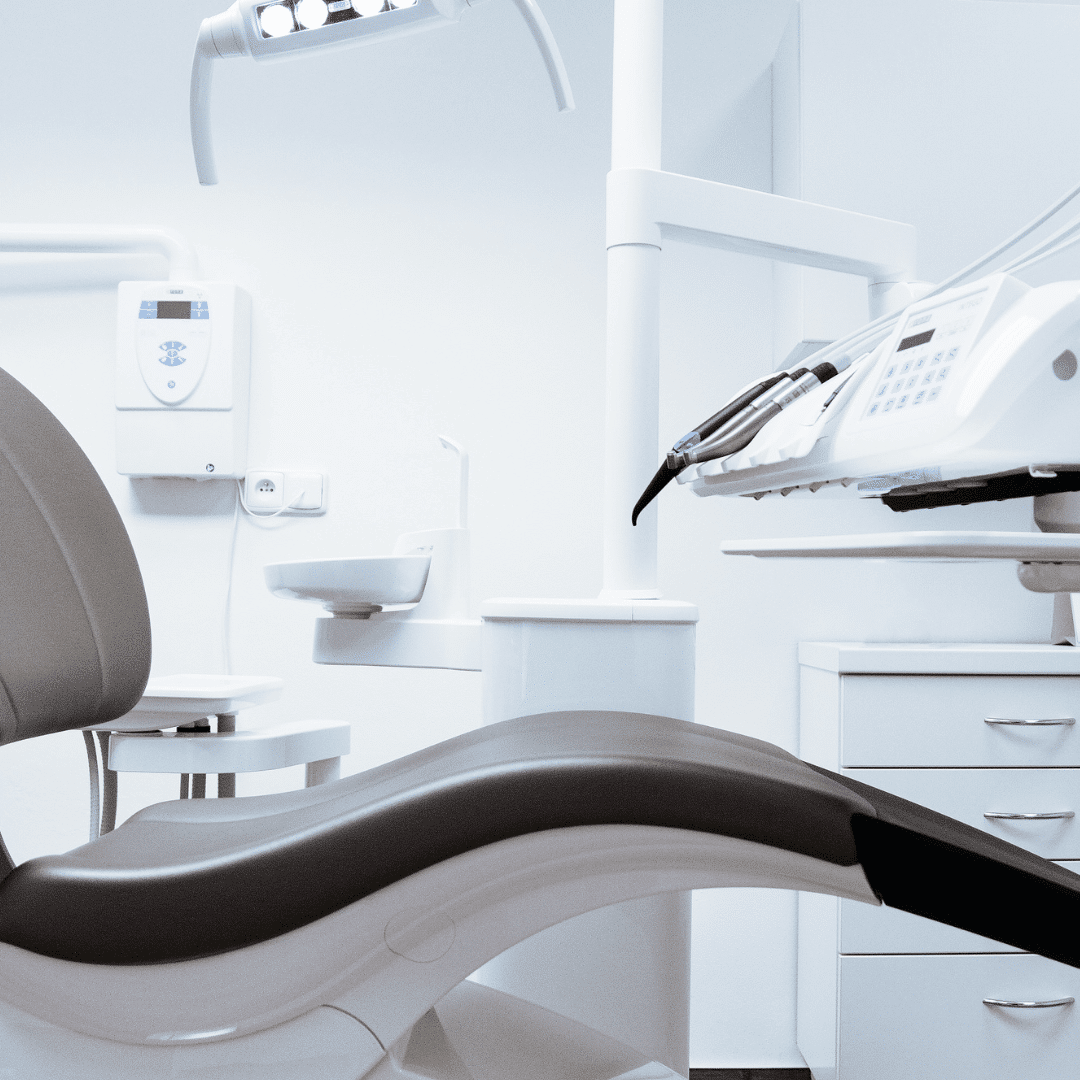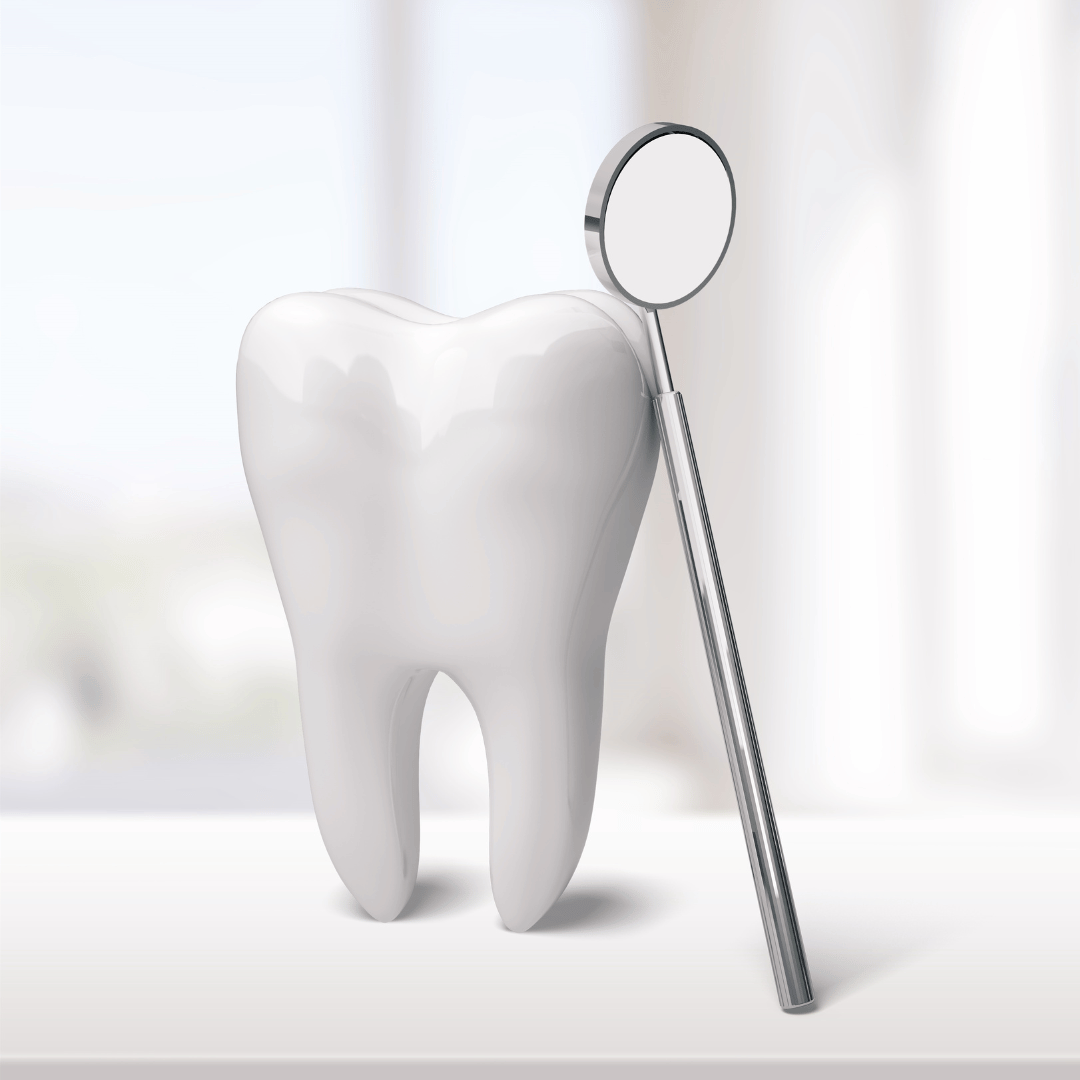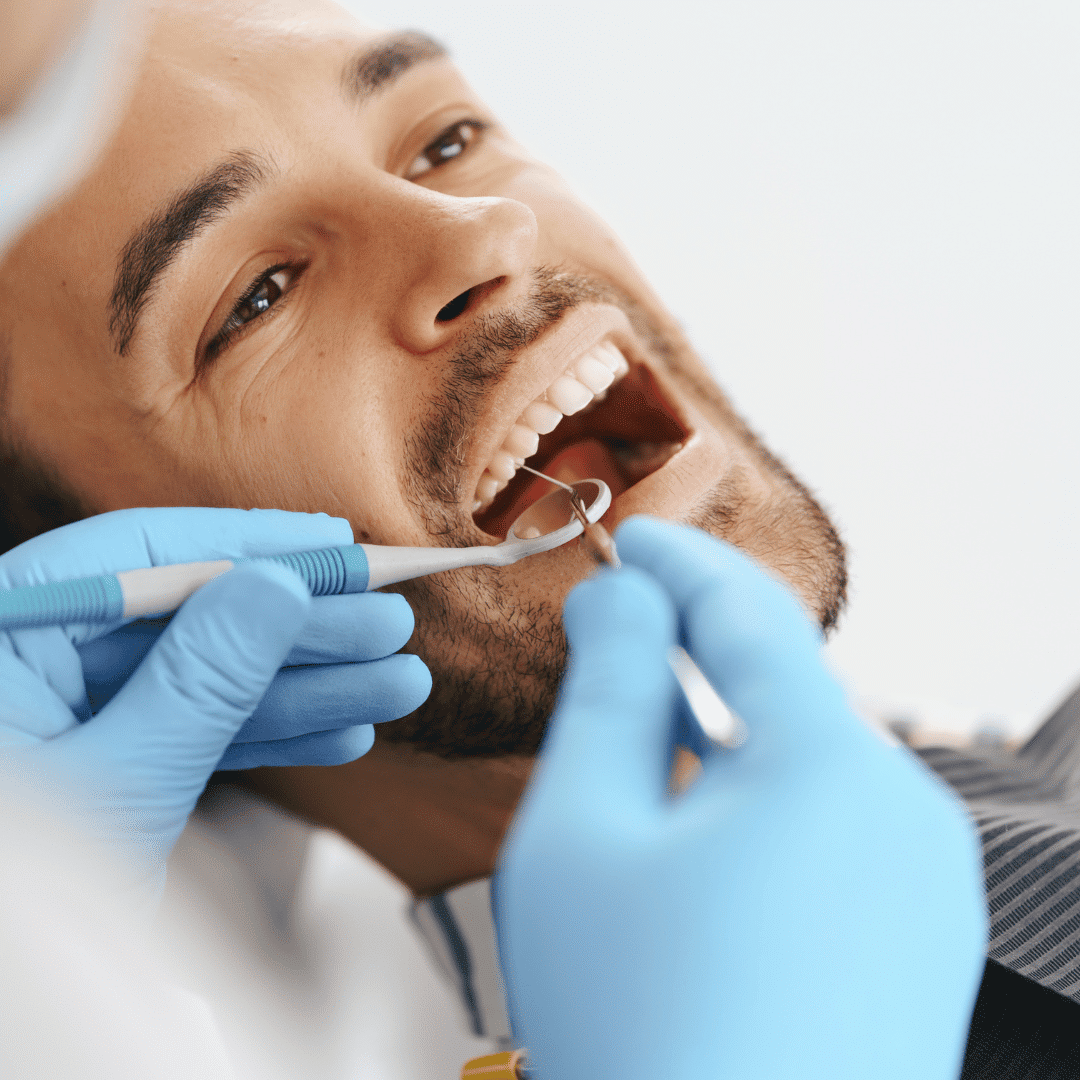Dry Mouth: Signs, Causes, and Effective Remedies for Relief from the Best Dental Clinic in Gurgaon
Introduction:
Are you grappling with the discomfort of dry mouth? It’s not just about being thirsty; it can be a persistent condition with various underlying causes. Let’s delve into the intricacies of dry mouth, exploring its signs, potential causes, and effective remedies. If you’re seeking guidance on managing dry mouth or related dental concerns, consult the experts at the best dental clinic in Gurgaon for personalized care and comprehensive solutions
Understanding Dry Mouth (Xerostomia)
Dry mouth, scientifically known as xerostomia, is more than just feeling parched. It occurs when the salivary glands fail to produce sufficient saliva, essential for keeping the mouth moist. Saliva aids in breaking down food, making it easier to chew and swallow. Additionally, it acts as a shield against germs, preventing bad breath. Importantly, saliva facilitates the absorption of calcium and fluoride, crucial for dental health.
Common Signs of Dry Mouth
Detecting dry mouth involves recognizing specific indicators. While not everyone experiences all symptoms, common signs include:
– A dry or sore throat
– Hoarseness
– Persistent bad breath
– Dryness or a sticky feeling in the mouth
– Thick and stringy saliva
– Difficulty chewing, swallowing, or speaking
– Altered sense of taste
– Issues with dentures
– A grooved or excessively dry tongue
– Increased plaque leading to tooth decay
– Onset of gum and periodontal diseases
– A grooved or excessively dry tongue
– Increased plaque leading to tooth decay
– Onset of gum and periodontal diseases
These symptoms arise due to inadequate moisture in the mouth. Seeking professional dental assistance can address these issues through both restorative dental work and targeted treatment.
Diverse Causes of Dry Mouth
Understanding when occasional dryness turns into a persistent problem requires exploring its root causes. Some common factors include:
– Dehydration: Inadequate water intake can lead to dry mouth.
– Nerve Damage or Salivary Gland Removal: Surgical procedures or nerve damage may impact salivary gland function.
– Tobacco Use: Smoking or chewing tobacco can contribute to dry mouth.
– Medications: Certain medications, including cardiovascular drugs, antihistamines, and antidepressants, may have dry mouth as a side effect.
– Aging: The natural aging process can affect salivary gland function.
– Medical Conditions: Diseases like Alzheimer’s, HIV/AIDS, Parkinson’s, and hypertension can contribute to xerostomia.
– Cancer Treatment: Chemotherapy and radiation, especially targeting the head or neck, can cause dry mouth.
Managing Dry Mouth: Tips and Strategies
Fortunately, several strategies can help manage dry mouth effectively:
- Stay Hydrated: Regularly drinking water throughout the day maintains mouth and bodily tissue moisture.
- Avoid Alcohol and Alcohol-Based Mouthwashes: Alcohol can exacerbate dry mouth; opt for alcohol-free mouthwashes.
- Quit Smoking: Smoking is a significant contributor to dry mouth; quitting reduces the risk.
- Use a Humidifier: Adding moisture to the air, especially during dry seasons or at night, helps prevent tissue dryness.
- Be Mindful of OTC Medications: Over-the-counter antihistamines and decongestants may worsen dry mouth; avoid them when possible.
- Practice Nose Breathing: Training yourself to breathe through your nose reduces mouth dryness.
- Dietary Adjustments: Avoiding acidic, salty, and spicy foods while embracing soft, moist options helps mitigate symptoms.
In addition to these strategies, maintaining a robust oral health routine is crucial. Regular dental check-ups can identify underlying issues and lead to targeted treatment plans, potentially including prescription gels or rinses for enhanced moisture.
If you’re grappling with persistent dry mouth, consulting with our experts at Mahavirai Dental and Medical Care on Sohna Road, Gurgaon, can provide personalized insights and effective solutions. Call us today at 9899153961 to book your consultation and embark on a journey to a healthier, more comfortable oral experience.
Request an appointment today at here
Tags: Dry Mouth Causes, Dentist on Sohna Road, Gurgaon, Dental Clinic in Gurgaon

Head
Dr. Shipra Jain
Dr. Shipra Jain is the Head of Mahavirai Dental and Medical Care in Gurgaon, Haryana, India. She has over 12 years of experience in the profession and has acquired a remarkable reputation for her exceptional talents and passion to providing top-quality dental care to her patients
Have Any Question?
We’re here to provide answers and guidance.
- (+91)98991-53961
- dentalbyshipra@gmail.com
Fortunately, several strategies can help manage dry mouth effectively:





